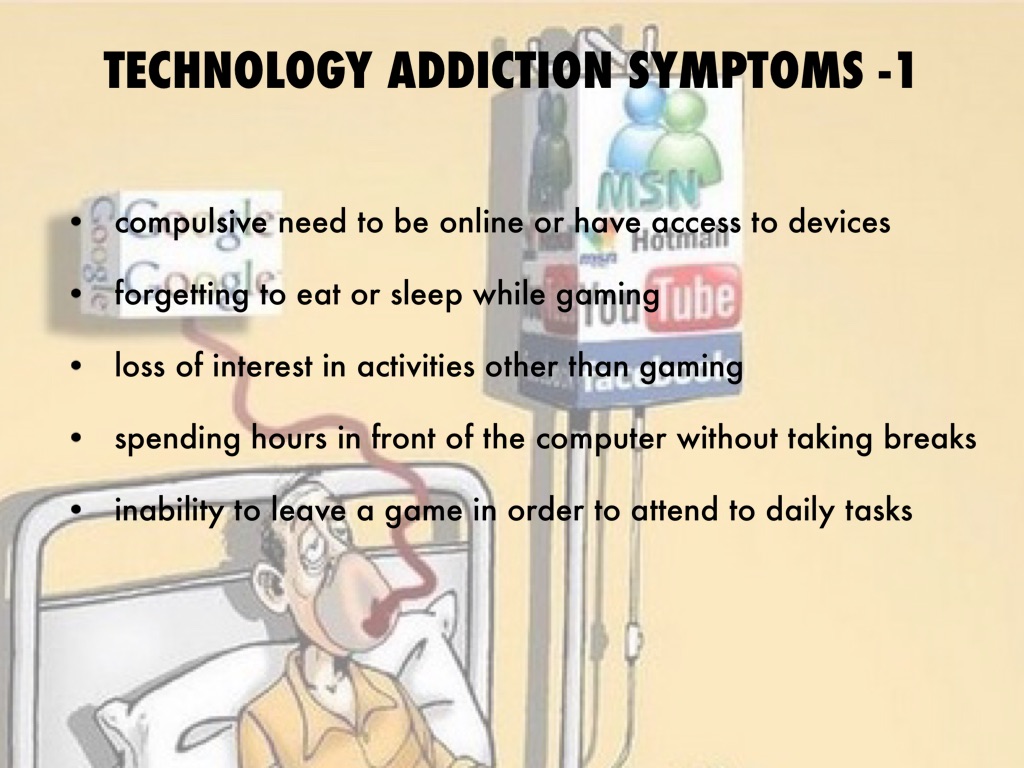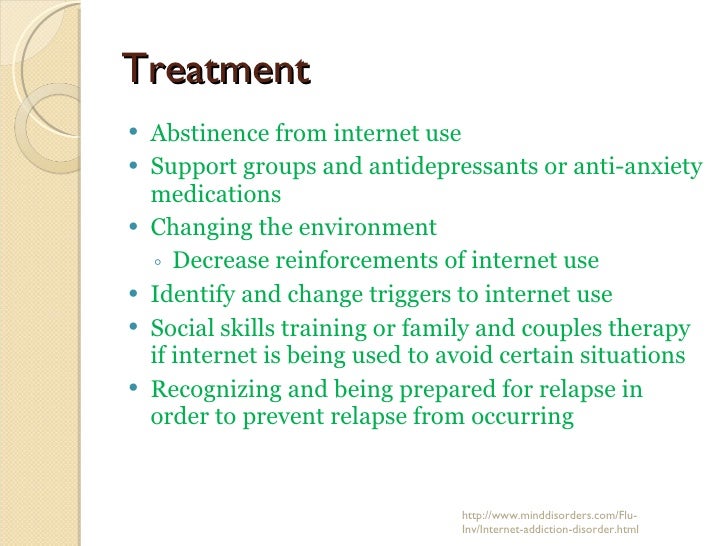

Pay attention to your mood when using Facebook You might also choose to limit the number of posts you make each week (or day, depending on your current use). You may find it more helpful to slowly cut back on Facebook use instead of deleting your account right away.Īim to decrease use with fewer logins or less time spent online each week, gradually reducing the time you spend on the site each week.

If deactivating your account feels a bit too drastic, focus on slowly reducing your use. To stick with your break, try taking the app off your phone and logging out in your browsers to make it harder to access. You may also find your mood improves when you aren’t using Facebook. The time away can help you reconnect with loved ones and spend time on other activities. The first few days might feel difficult, but as time passes, you may find it easier to stay off Facebook. Start with a day offline, then try a week. Many people find it helpful to take a short break from Facebook.

Keep an eye out for any patterns, such as using Facebook during class, on breaks, or before bed. Tracking how much you use Facebook for a few days can provide insight on just how much time Facebook takes up. If you find that your Facebook use doesn’t necessarily jibe with how you want to spend your time, consider these tips. The first step, according to Stringer, involves “becoming aware of the purpose of your use and then determining if that aligns with how you truly value spending your time.” There are several steps you can take to rein in (or even eliminate) your Facebook use. If you manage to stay off, you might feel restless, anxious, or irritated until you use Facebook again.
/001_how-to-unsilence-calls-on-an-iphone-5189832-3cc5fcefd27d467d97dcc93ace531793.jpg)
After a day or two, your old patterns return. But on your lunch break you get bored and tell yourself there’s nothing wrong with a quick look. Maybe you set a daily limit of checking Facebook only once in the morning and once in the evening.
#CURE MY ADDICTION WIKI FREE#
Difficulty staying off Facebookĭespite trying to limit your use, you end up right back on Facebook, almost without realizing it, whenever you have a free moment. Stringer adds that Facebook can also become a replacement of sorts for face-to-face social interactions, which can lead to feelings of isolation and loneliness. You might feel jealous of your partner’s interactions with other people or experience retroactive jealousy when looking at photos of their ex. Your relationship might also suffer, since compulsive Facebook use can leave you with less time for your partner or contribute to romantic dissatisfaction. All of this can result in a range of health issues.įacebook use can also affect your mental health if you tend to compare your life to what others are presenting on social media. You might go to bed later and get up later, or fail to get enough sleep as a result of staying up late. Facebook affects health, sleep, and relationshipsĬompulsive Facebook use often causes sleep disruptions. Using Facebook to delay your work can make you feel like you’re still getting something done when you really aren’t, according to 2017 research. Maybe you’re stressed about a project you’re working on, so you use the time you set aside for that project to scroll through Facebook instead. Maybe you want to escape workplace difficulties or a fight with your partner, so you look to Facebook to feel better. One generally agreed on symptom of Facebook addiction is the use of Facebook to improve a negative mood. Using Facebook to boost mood or escape problems This can leave you with little time for work, hobbies, or a social life. You might also feel an urge to spend increasing amounts of time on Facebook. But a few minutes of posting, commenting, and scrolling, multiple times a day, can quickly add up to hours. It might seem like you’re not on for long. Maybe you check Facebook as soon as you wake up, then check it again multiple times throughout the day. Regularly spending more time on Facebook than you want or intend to Here’s a look at more specific signs of excessive use. Melissa Stringer, a therapist in Sunnyvale, Texas, explains, “What’s considered problematic Facebook use varies from person to person, but interference with daily functioning is generally a red flag.” Experts generally define Facebook addiction as excessive, compulsive use of Facebook with the goal of improving your mood.īut what’s considered excessive? It depends.


 0 kommentar(er)
0 kommentar(er)
